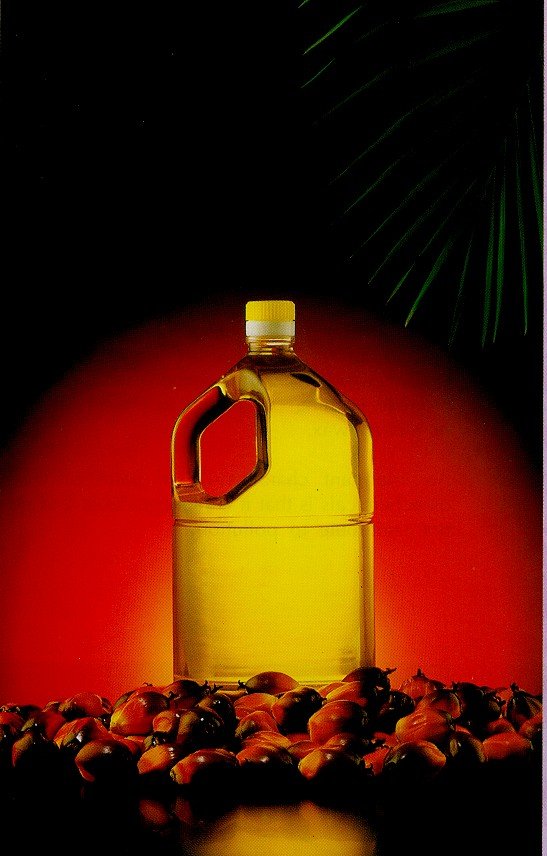 KUALA LUMPUR: The export of palm oil products is expected to exceed RM100 billion in 2020 boosted by strong production, Plantation Industries and Commodities Minister, Tan Sri Bernard Dompok said on Tuesday.
KUALA LUMPUR: The export of palm oil products is expected to exceed RM100 billion in 2020 boosted by strong production, Plantation Industries and Commodities Minister, Tan Sri Bernard Dompok said on Tuesday. To achieve the target, he said the government is looking to generate exports of more value added products, services and palm oil related technologies.
In 2008, the export of palm oil products stood at RM65.2 billion.
As for timber, he said export earnings from the industry is expected to reach RM53 billion by 2020 from RM22.5 billion in 2008.
Asked about the crude palm oil (CPO) price, Dompok said he is comfortable with the present RM2,400-RM2,600 per tonne level.
"At the RM2,400-RM2,600 level, the farmers and plantation owners should be happy. If they are happy, of cause I am happy too," he added.
Earlier, Dompok disclosed that the overall commodity export declined by 19 per cent to RM84.6 billion during January to November of 2009, compared to the same period of the previous year.
He attributed the downtrend to a weaker external demand due to the global economic crisis, which began in the second quarter of 2008.
 As the commodities sector is expected to play a vital role in the nation's economic development, he said under the Tenth Malaysia Plan, the focus would be on funding activities towards the development of value added products and a sustainable supply of raw materials to support downstream activities.
As the commodities sector is expected to play a vital role in the nation's economic development, he said under the Tenth Malaysia Plan, the focus would be on funding activities towards the development of value added products and a sustainable supply of raw materials to support downstream activities.
"This will be implemented with input and cooperation from the private sector," he said, adding that, attention would also be given to smallholders.
He explained this is to ensure the income level is raised in line with the nation's objective of moving towards a high-income nation.
The government, he said would be also implementing measures to encourage development and training for the Malaysian labour force, in the commodities sector.
"The sector must not lose sight of the need to reduce the dependency on foreign labour. Currently, this sector has a total of 218,000 foreign labourers," he added.
Dompok said the ministry would continue to consult the industry, including developing long-term plans to reduce labour, especially foreign labour. - Bernama
